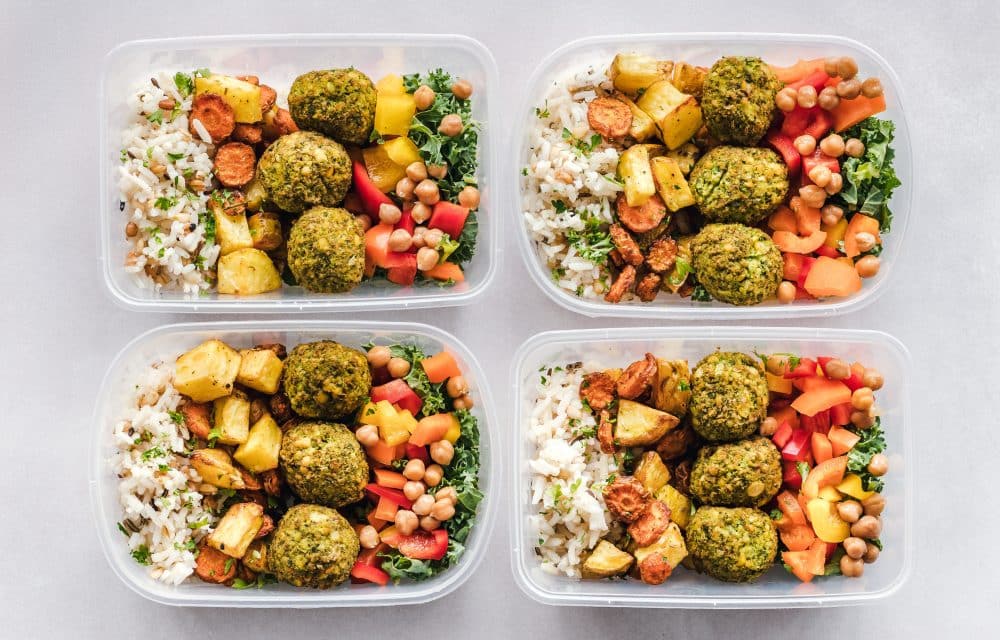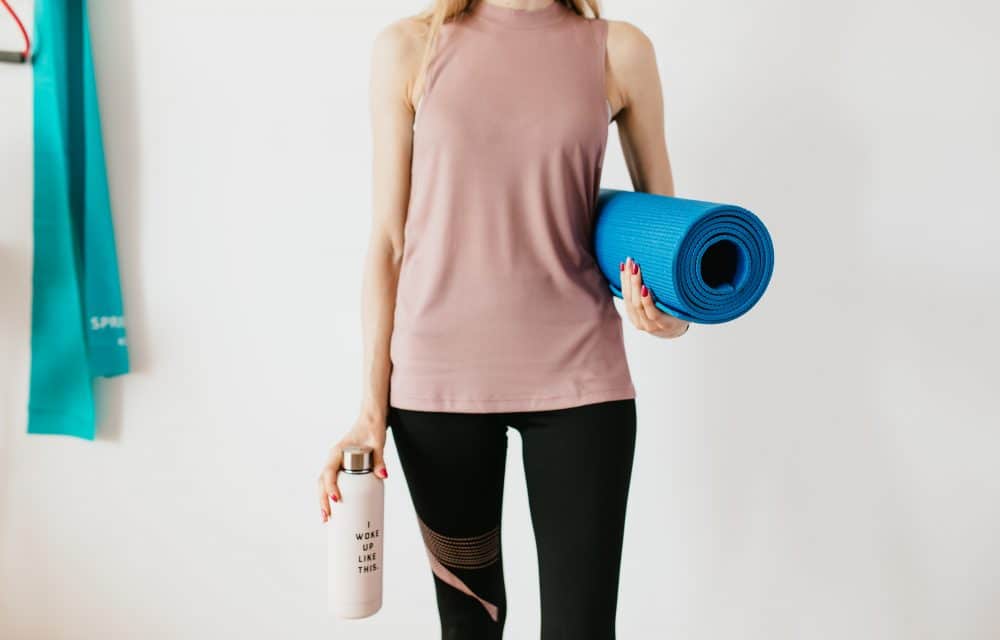Superfoods You Can Eat Every Day
People in Louisville, KY, hear about superfoods every day on television. Whether it’s beet chewies or capsules containing dried fruit and vegetable flakes, the message is always the same. Eat more of these foods via our product to improve your health. You can cut out the middleman and enjoy the whole fruits and vegetables, whether cooked or raw. You’ll get all the phytonutrients, vitamins, minerals, and fiber, whether you eat them in a complete meal or have them as a snack. These superfoods are better than taking a multivitamin since the phytonutrients they contain work in synergy to boost the benefits.
You’ll be strong to the finish when you eat your spinach.
Like many dark leafy greens, spinach is packed with nutritional power. It contains vitamins A, C, and K, folic acid, calcium, and iron. It also has phytonutrients that enhance its superfood status. The phytonutrients include lutein, kaempferol, nitrates, quercetin, and zeaxanthin. Nitrates, like the nitrates in beets, help lower blood pressure. The other nutrients can improve eye health, reduce cancer risk, and help prevent oxidative stress. The extra fiber improves your microbiome. Whether you cook it, eat it raw, or put it in a smoothie, it’s a superfood you should have in your diet.
Just don’t top it with marshmallows!
Of course, everyone has had this superfood that often comes topped with marshmallows or brown sugar, but you don’t need that sweetness to taste delicious. You can bake, grill, or air fry sweet potatoes and have a healthier version. It contains vitamins B6, C, and A, pantothenic acid, niacin, manganese, copper, and fiber. It’s heart-healthy. The fiber helps promote gut health. It supports vision, brain functioning, and the immune system.
Many types of berries are superfoods.
If you’ve noticed recently, many health products now contain elderberries. That’s because their juice has been found as effective as a treatment for the flu as Tamiflu. Elderberry juice, teas, and syrups have been used for thousands of years to treat many maladies. Hippocrates, the father of medicine, called elder trees a medicine chest. Eating uncooked berries or tree parts is not recommended and may cause illness. Another blue-colored berry that’s extremely healthy is the blueberry. This tiny berry can help prevent premature aging, promote mental acuity, and lower cancer risks.
- Cranberries and cranberry juice can help prevent UTIs and dental carries. They promote digestive and heart health. Be aware that most juices and dried cranberries contain added sugar, so keep that in mind when adding them to your diet.
- Fermented food like sauerkraut, kefir, and kimchi contain probiotics that can improve your gut health. Your gut microbiome acts as a second immune system. It affects digestion and your mood.
- Superfoods aren’t just fruits and vegetables. Mushrooms are often called superfoods, too. Shiitake, maitake, reishi, and lion’s mane mushrooms improve your immune system and are nutrient-rich.
- Salmon and fatty fish should be in your diet. They’re high in healthy fat and an excellent source of protein. Increasing omega-3 in your diet helps with mental disorders, mood disorders, and heart disease.
For more information, contact us today at Body Sculptors Personal Training



 It’s January and that means all those New Year’s resolutions have started. By now, many have also ended. I see it in Louisville, KY, people start a fitness regimen as a beginner and just can’t stay motivated. You can arm yourself with ammunition to help improve your chances of success. It all starts with setting a specific goal that you can measure. It makes the goal more exciting when you know if you’re coming closer and you can redirect if you’re not. Set a goal, make it specific and have a way to measure it.
It’s January and that means all those New Year’s resolutions have started. By now, many have also ended. I see it in Louisville, KY, people start a fitness regimen as a beginner and just can’t stay motivated. You can arm yourself with ammunition to help improve your chances of success. It all starts with setting a specific goal that you can measure. It makes the goal more exciting when you know if you’re coming closer and you can redirect if you’re not. Set a goal, make it specific and have a way to measure it.
 I hear it all the time. Clients who want to lose weight, boost their health or increase their energy level, come to me and say they’re struggling. I tell them to do meal planning. Within a week or so, they’re back saying it’s just too hard to meal plan but did notice it was easier to stick with a regimen of healthy eating when they did. What can you do to make meal planning easier? You can do several things to make meal planning easier and more successful.
I hear it all the time. Clients who want to lose weight, boost their health or increase their energy level, come to me and say they’re struggling. I tell them to do meal planning. Within a week or so, they’re back saying it’s just too hard to meal plan but did notice it was easier to stick with a regimen of healthy eating when they did. What can you do to make meal planning easier? You can do several things to make meal planning easier and more successful.